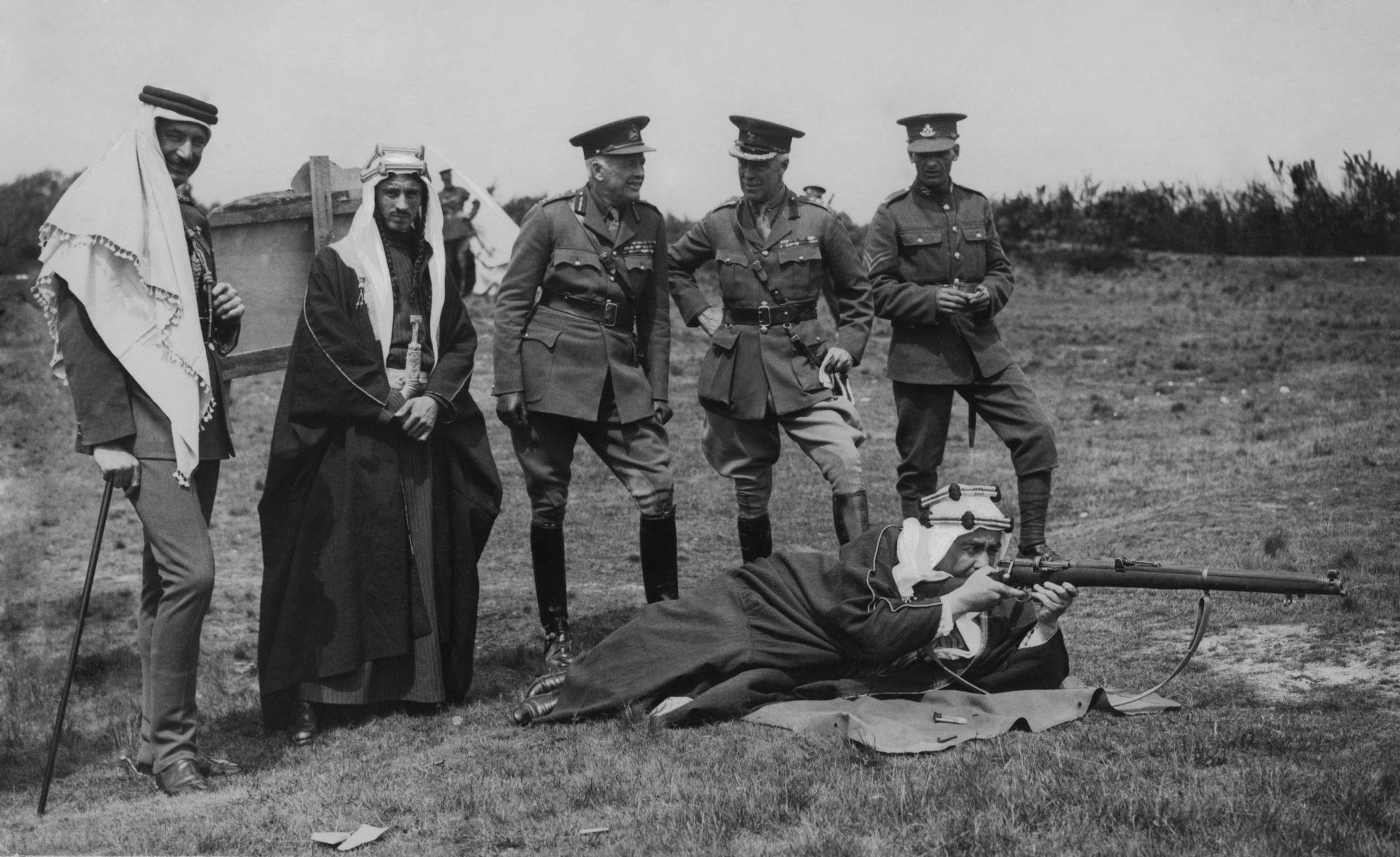The First World War put an end to 600 years of Ottoman rule. Buoyed by promises of self-determination on the part of the victorious powers, the region’s peoples prepared for a future free of imperial rule. They were to be bitterly disappointed. European rhetoric about self-rule had never been sincerely intended to apply to non-Europeans — which was made brutally clear by Britain and France as they divided the post-Ottoman Middle East between themselves in the infamous Sykes-Picot agreement.
“It was a secret deal to carve up the Levantine part of the Ottoman Empire between France and Britain,” explains historian James Barr, author of “A Line in the Sand” and “Lords of the Desert”.“There was a diagonal line drawn, in Sykes’ infamous words, from the ‘E’ in Acre to the last ‘K’ in Kirkuk.” In this follow-up to our episode with Eugene Rogan on the Ottoman collapse, Barr joins New Lines’ Faisal Al Yafai to talk about the empires that took their place: France, Britain and, later, the United States.
The man who made the deal with France was a diplomat named Mark Sykes, whom Barr describes as “a bit of a bullshit artist.” Both powers were hungry for the region’s oil, hungry for its trade, hungry for its strategic utility and above all, hungry for its prestige. “Sykes gave the impression of being all over the details on this and so they were very happy to wave him off with his scheme.” The border he drew still stands today. The empire he represented does not.
Following the Second World War, in an ironic echo of the Ottoman experience, France was a spent force in the region. But the British Empire had a new rival in the region: the Americans. “The British were trying to cling on and the Americans were trying to barge in,” Barr explains. Soon, they too had lost their Middle Eastern empire, less than 50 years after its conquest.
The Middle East has long been a much-coveted prize for imperial powers.“There are constant clashes between powers that are outsiders to try and dominate this part of the world,” says Barr, though, he adds, they are rarely successful. The British and French enterprise was probably doomed from the start. The story of their effort to remake the Middle East serves as a cautionary tale. “It might be about Britain and France 100 years ago,” says Barr. “But it has direct relevance to anybody doing the same thing today.”
Produced by Joshua Martin


